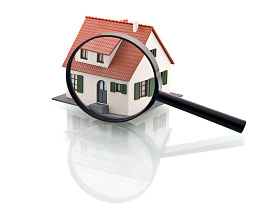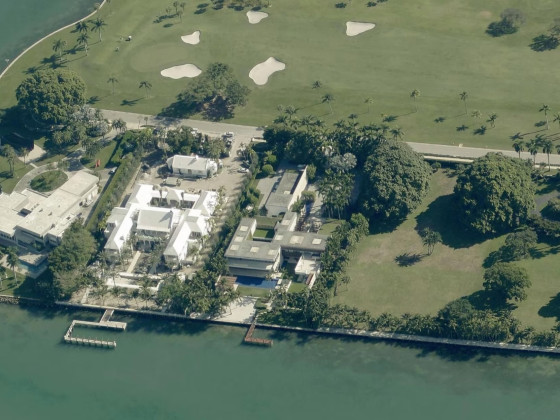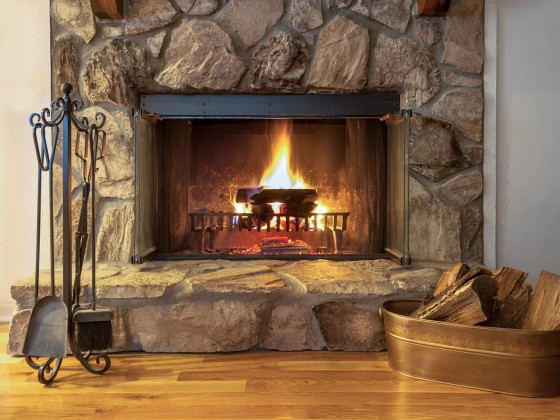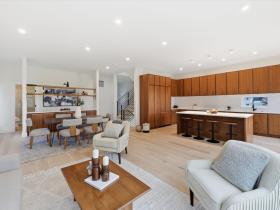What's Hot: Cash Remained King In DC Housing Market In 2025 | 220-Unit Affordable Development Planned Near Shaw Metro
 The Checklist That Prepares DC Rental Owners for Inspections
The Checklist That Prepares DC Rental Owners for Inspections
✉️ Want to forward this article? Click here.

A few weeks ago, UrbanTurf received an email from a reader wondering what the Department of Consumer and Regulatory Affairs looks for when it inspects rental units around the city, so we decided to find out.
story continues below
loading...story continues above
There are about 16 items that are inspected and each receives a grad of pass or fail. A printout version can be accessed here, and the list is also published below:
DCRA reaches out to a property owner or manager to schedule the inspection after that owner has gone through earlier steps to make the unit legal. If tenants are living in the rental unit when it is inspected, the owner is required to have them fill out a consent form authorizing the inspection.
After the inspection, if any violations were noted, the owner or manager must rectify them in order for the unit to get a passing grade. There is a follow-up re-inspection to ensure the unit is up to code and the repairs or changes made.
This article originally published at https://dc.urbanturf.com/articles/blog/rental_inspection_preparation/10285.
Most Popular... This Week • Last 30 Days • Ever

Lincoln-Westmoreland Housing is moving forward with plans to replace an aging Shaw af... read »

The small handful of projects in the pipeline are either moving full steam ahead, get... read »

A report out today finds early signs that the spring could be a busy market.... read »

A potential collapse on 14th Street; Zuckerberg pays big in Florida; and how the mark... read »

A potential innovation district in Arlington; an LA coffee chain to DC; and the end o... read »
DC Real Estate Guides
Short guides to navigating the DC-area real estate market
We've collected all our helpful guides for buying, selling and renting in and around Washington, DC in one place. Start browsing below!
First-Timer Primers
Intro guides for first-time home buyers
Unique Spaces
Awesome and unusual real estate from across the DC Metro














